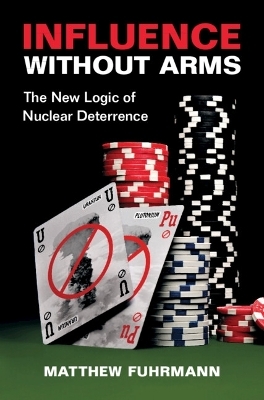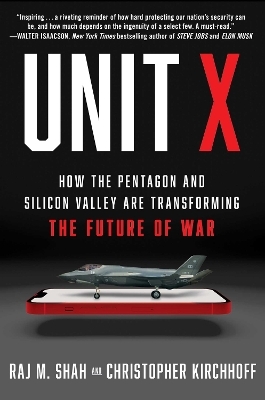
Influence without Arms
Cambridge University Press (Verlag)
978-1-108-84320-1 (ISBN)
How does nuclear technology influence international relations? While many books focus on countries armed with nuclear weapons, this volume puts the spotlight on those that have the technology to build nuclear bombs but choose not to. These weapons-capable countries, such as Brazil, Germany, and Japan, have what is known as nuclear latency, and they shape world politics in important ways. Offering a definitive account of nuclear latency, Matthew Fuhrmann navigates a critical yet poorly understood issue. He identifies global trends, explains why countries obtain nuclear latency, and analyzes its consequences for international security. Influence Without Arms presents new statistical and case evidence that nuclear latency enhances deterrence and provides greater influence but also triggers conflict and arms races. The book offers a framework to explain when nuclear latency increases security and when it incites instability, and generates far-reaching implications for deterrence, nuclear proliferation, arms races, preventive war, and disarmament.
Matthew Fuhrmann is a professor of political science in the Bush School of Government and Public Service at Texas A & M University. He has been a Stanton Nuclear Security Fellow at the Council on Foreign Relations (2010–11) and held visiting positions at Harvard University (2007-08), Stanford University (2016–17), and Yale University (2023–24). He is the author of Atomic Assistance: How 'Atoms for Peace' Programs Cause Nuclear Insecurity (2012) and co-author of Nuclear Weapons and Coercive Diplomacy (Cambridge, 2017). He was named an Andrew Carnegie Fellow by the Carnegie Corporation of New York in 2016. His research has been mentioned in national media outlets such as The New York Times, The New Yorker, CNN, and NPR.
Introduction; 1. The logic of latent nuclear deterrence; 2. What leaders think: beliefs about latent deterrence; 3. Almost nuclear: identifying latent nuclear powers; 4. Causes of nuclear latency: why technology spreads; 5. Reaping rewards: deterring conflict and gaining influence; 6 Backlash: explaining preventive attacks; 7. Arms races: deterring weapons proliferation; 8. Nuclear latency in world politics; References.
| Erscheinungsdatum | 22.08.2024 |
|---|---|
| Zusatzinfo | Worked examples or Exercises |
| Verlagsort | Cambridge |
| Sprache | englisch |
| Maße | 161 x 236 mm |
| Gewicht | 650 g |
| Themenwelt | Natur / Technik ► Fahrzeuge / Flugzeuge / Schiffe ► Militärfahrzeuge / -flugzeuge / -schiffe |
| Sozialwissenschaften ► Politik / Verwaltung ► Europäische / Internationale Politik | |
| Sozialwissenschaften ► Politik / Verwaltung ► Staat / Verwaltung | |
| ISBN-10 | 1-108-84320-4 / 1108843204 |
| ISBN-13 | 978-1-108-84320-1 / 9781108843201 |
| Zustand | Neuware |
| Informationen gemäß Produktsicherheitsverordnung (GPSR) | |
| Haben Sie eine Frage zum Produkt? |
aus dem Bereich


